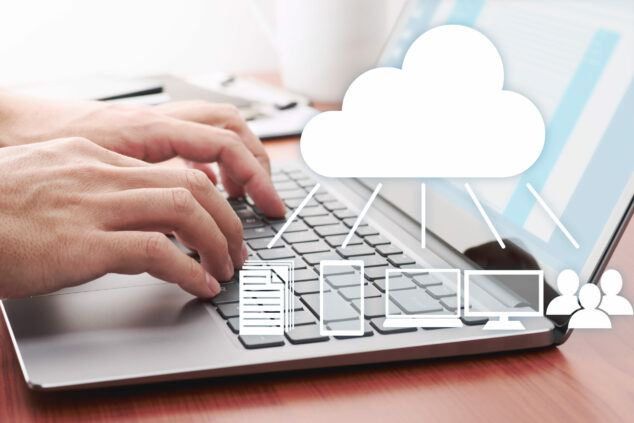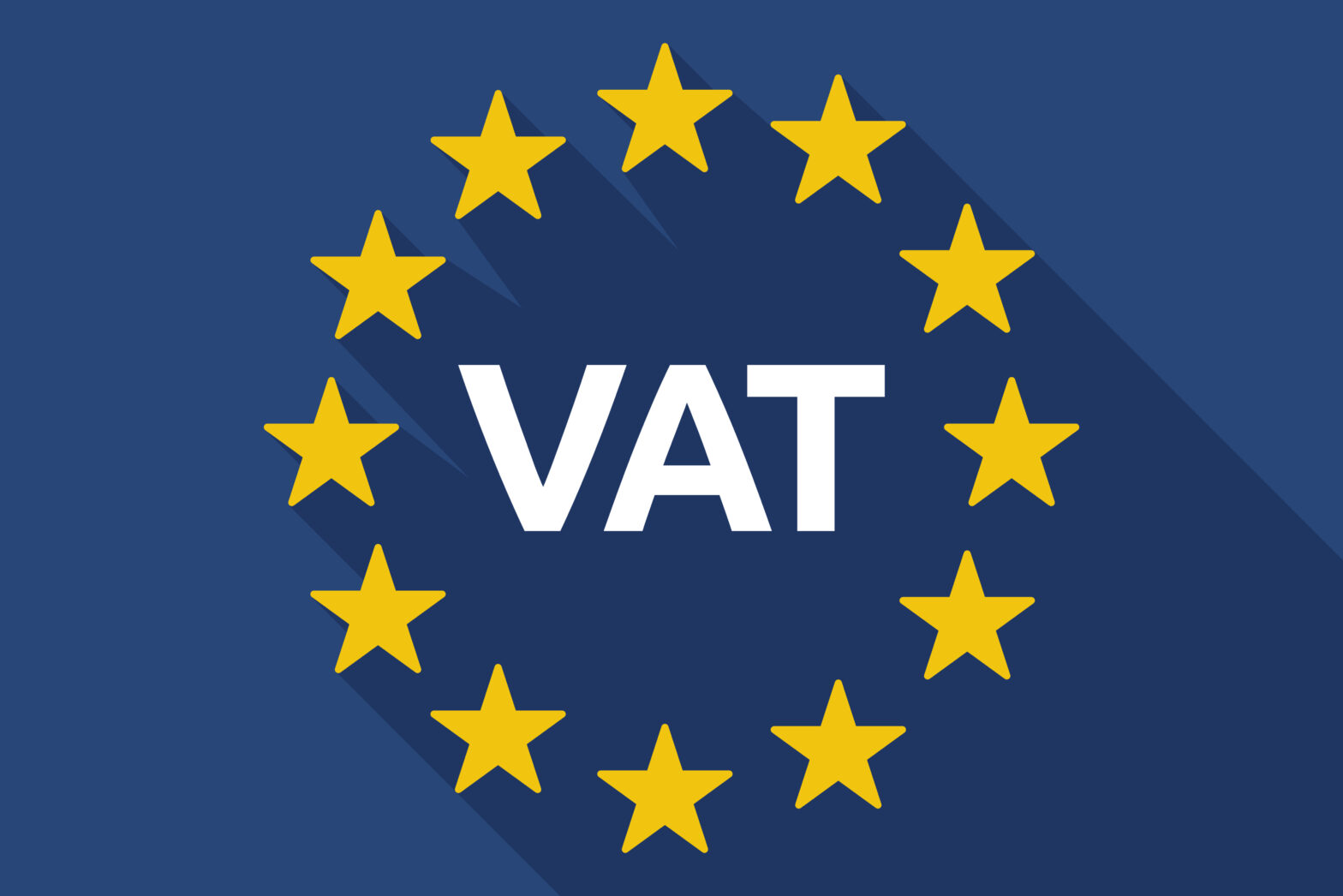Keeping on top of your accounting can be time-consuming and tedious, especially if financials aren’t your forte. Even more stressful is the knowledge that inaccurate record keeping or missed tax deadlines could land your with with a fine or in legal trouble.
The right accounting software can do a lot of the heavy lifting for you, automating repetitive administrative tasks so you can have peace of mind and focus on what you do best – running your business.
Accuracy and compliance are just part of good accounting, and with specialised software such as Sage, you can enjoy features like AI-powered automation, tax reminders and generated invoices. But how can you work out which is the best option for you? Here, we’ll take you through everything you need to consider when choosing accounting software.
Assessing your business needs
Before you make any decisions about accounting software, it’s important to understand your business and what needs you have as an organisation. One major consideration is that, if you earn over the VAT threshold (currently £90,000), you’re legally required to use software that’s compliant with Making Tax Digital for VAT, so you can keep compliant records and submit digital returns.
Another consideration is the size of your business. The needs of a small sole trader operation will be different from a limited company that’s growing internationally – the former may not need to pay for an expensive plan with advanced features. And if you have employees, you’ll need a payroll function, which is usually an optional extra that you pay per employee.
The type of business you run will dictate your quote and invoicing requirements. Though these can come as standard with accounting software, you may find that, for example, some plans restrict the number of invoices you can issue. Find a solution that’s cost-effective for the way you do business.
Costs and scalability
How much you pay will depend on a few factors, including business size and employee count, as well as the size of your budget. Most providers give you the option to reduce the overall cost of your subscription by paying up front for the year rather than month by month, though this could have cash flow implications for some businesses. They also offer short-term discounts or trial periods, which can help you to manage costs or decide whether the software is right for you before making a more substantial payment.
You’ll also need to think about the future and how your business could expand. Accounting software providers usually offer several tiers, which escalate in cost, functionality and allowances. Make sure the provider’s more premium plans can deliver everything you need as your business scales.
Compare features and integration
Alongside cost, the features that come as standard with accounting software are also things you need to seriously consider before you make your decision. Features such as VAT calculation, multi-currency handling and reporting tools can all help save a lot of time and cut out human error in accounting. For example, Sage’s CoPilot and AP Automation automatically extract data from documents such as invoices, receipts and bank statements and identify errors or patterns, as well as generating reports.
Integrations are a great way to enhance functionality and share data seamlessly across different areas of your business, so it’s good to find a product that integrates with any CRMs or inventory systems you already use. Sage integrates with hundreds of popular apps through its business cloud marketplace.
Xero and Quickbooks also offer plenty of integrations that can make your business operations more fluid and functional.
Check reviews
It might seem obvious to check reviews before signing up to something, but it’s still one of the best ways to see whether accounting software is right for you. Using services such as Trustpilot, you’ll be able to see real-use cases and testimonials from the customers of any software you’re thinking of getting.
You can also ask the owners and accountants of businesses you’ve connected with for any recommendations, and remember that if the product isn’t very good, they’ll have probably already told you about it!
Which accounting software is right for me?
Ultimately, you need to be as careful choosing accounting software as you are in other areas of your business.
With so many different products and services available in the UK market (such as Sage, Quickbooks and Xero), it’s easier than ever to find one for your specific requirements as a business.
By assessing your needs, establishing a budget and keeping track of your goals, you should be able to find the service that’s perfect for you.
Read more
How to get the best out of AI-powered accounting automation – AI in the workplace has been one of the hot topics of 2024, and the conversation is unlikely to let up as we head into 2025
Hired your first employee? Here’s how to set up payroll – We’ve teamed up with Sage to explain the basics of payroll. Learn what payroll is, how to register and more
Submitting your first self-assessment as a new sole trader – What do you need to know about self-assessment as a new sole trader? We’ve partnered with Sage to tell you more





